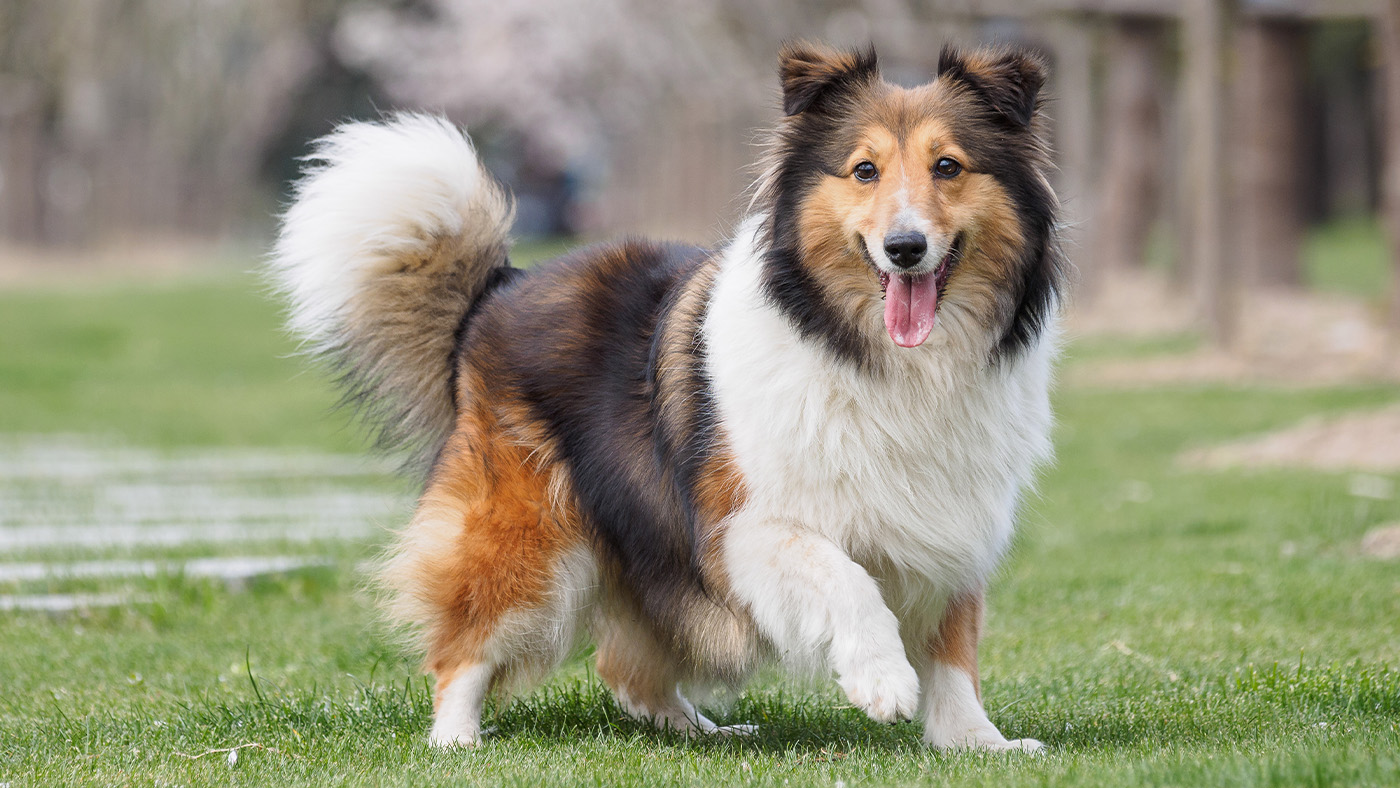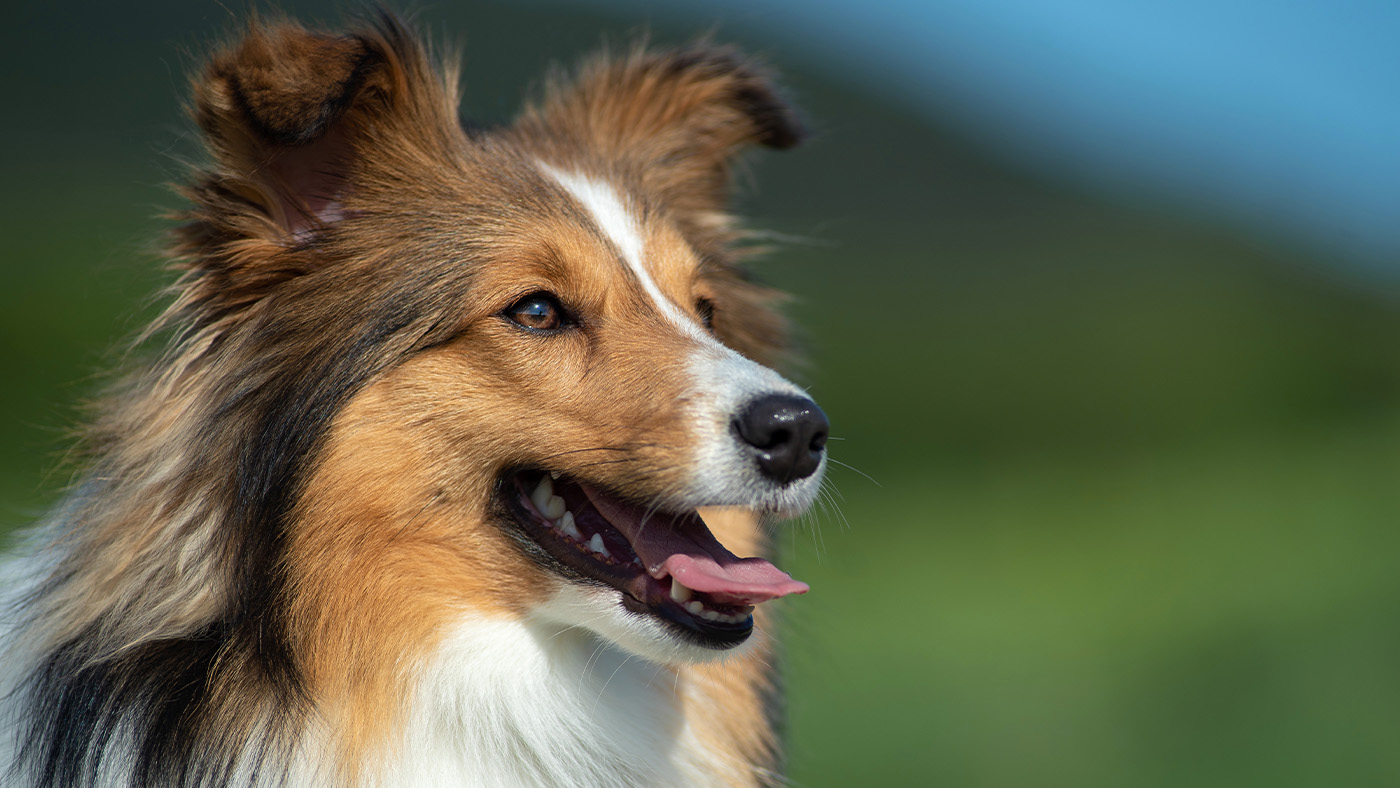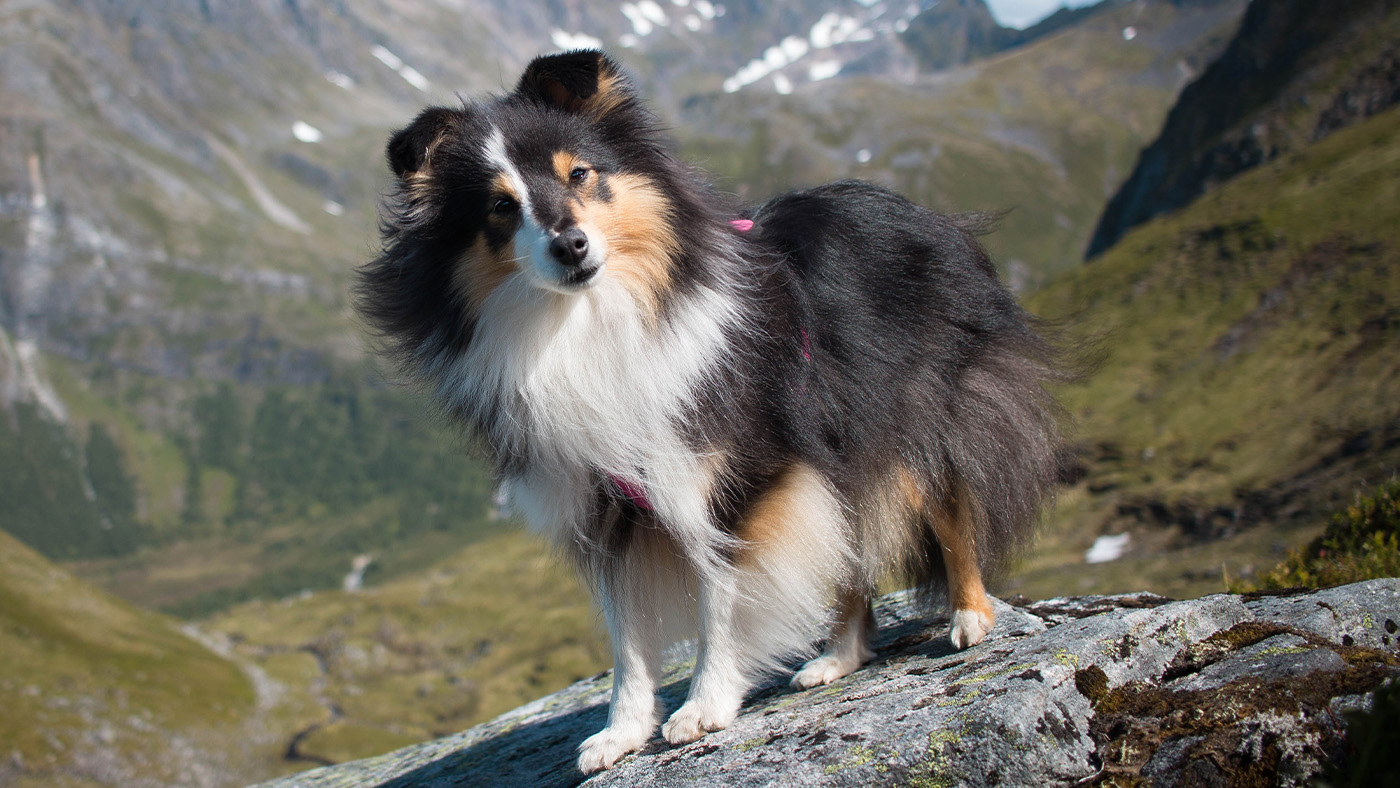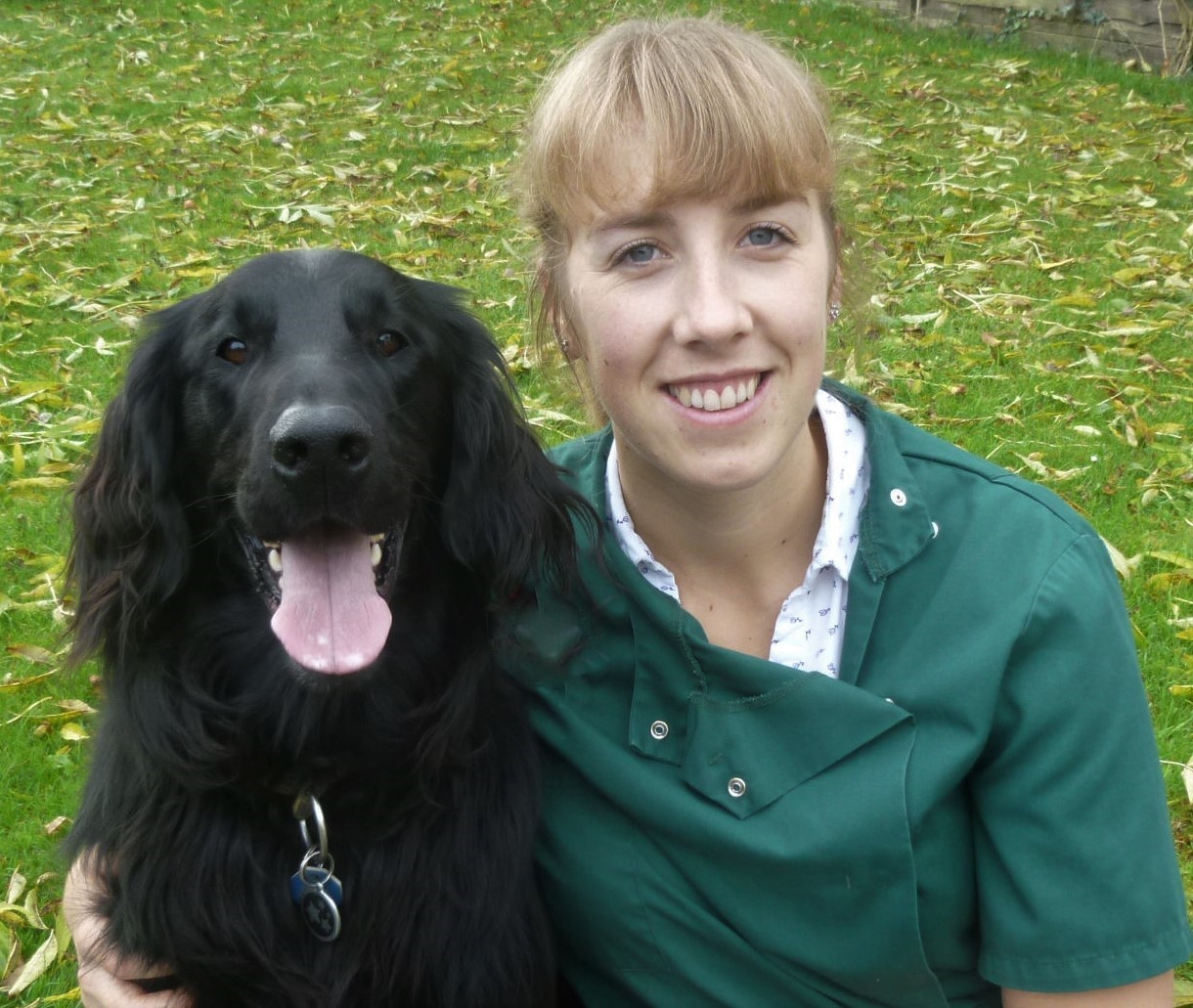Shetland Sheepdogs are energetic and affectionate with a willingness to learn new tricks
Should you consider bringing the gentle and sensitive Shetland Sheepdog into your life?

Get the best advice, tips and top tech for your beloved Pets
You are now subscribed
Your newsletter sign-up was successful

Life expectancy: 12 to 13 years
Size: 14-16 inches (male); 13-15-inches (female)
Coat: Double coat, soft underneath, long, harsh straight on top
Temperament: Intelligent, loyal, gentle, playful active
Exercise needs: Around an hour daily
Origin/native country: Shetland Islands
Hailing from the Shetland Islands of Scotland in the 18th century, Shetland Sheepdogs – or Shelties, as they are they also known – were bred to herd sheep and guard livestock across a rugged and varied landscape. As such, they are energetic, lively and protective dogs but you’re just as – if not more – likely to find them as a family pet these days.
As you’ll see in this breed guide, there are many reasons for this – there are certainly many things to love about the Shetland Sheepdog which make them wonderful to have around. Hallmarked by their abundant coat and mane, these beautiful dogs have so many positive attributes but does that mean you should get one? With the help of expert vet Dr Rebecca MacMillan, we take a look.
Does a Shetland Sheepdog need a lot of exercise?
Since they’re a herding dog breed, Shetland Sheepdogs are active both in their body and mind so you need to get them out and about exercising each day. “Shetland Sheepdogs need around an hour of exercise each day, depending on their age and health status,” says Dr MacMillan. “This can be a combination of walks, playtime, or canine sports.”
So while you should invest in the best dog toys and seek ways to build more fun into your dog’s routine, perhaps using some great brain games for dogs and engaging in tug and fetch, you should also take them with you on your runs and hikes, doing all you can to tire them.
To that extent, this is a dog that will perhaps do better with an active owner rather than someone who prefers the quiet life and it would be helpful if you had a safe, secure area for them to run freely as well. If you don’t have somewhere like this, you’ll need to keep them on a leash so that they don’t dart away – they will even chase cars!
Are Shetland Sheepdogs easy to train?
Shetland Sheepdogs rank very highly in canine psychologist Stanley Coren’s work, The Intelligence of Dogs. In fact, they are listed as the sixth smartest dog breed and that means they are capable of quickly understanding a new command – it can take fewer than five repetitions – and they will obey the first command more than 95% of the time.
“Shelties are said to be ‘exceptionally trainable’, meaning they are highly intelligent and quick to learn,” Dr MacMillan affirms.
Get the best advice, tips and top tech for your beloved Pets
The main problem to overcome is their strong herding instinct which you’ll need to counter from a very early age so that they don’t try and herd anything they come across be it pets, wildlife and even children.
“Appropriate socialisation is important,” Dr MacMillan says.
Since they’re one of the loudest dog breeds, you may also want to work on reducing their vocalizations so that they’re only barking for a reason and not simply because they’re excited or have heard some rustling leaves. By focusing their energy on specific tasks, however, and being firm, however, they’ll soon learn what you want from them.
“They are great dogs for competitions like herding, obedience, and agility,” Dr MacMillan says. “Just make sure to use positive reinforcement methods and be consistent in your approach.”
Do Shetland Sheepdogs make good family pets?
Although they can have a tendency to herd children and pets if they’re not sufficiently trained, Shetland Sheepdogs are otherwise wonderful to have around the home.
“Shetland Sheepdogs can make nice family pets and they are generally good with children,” Dr MacMillan says. “They have an affectionate and protective nature, making loyal companions.”
They love a cuddle and enjoy having their belly rubbed. You’ll also find this breed will follow their family members around the home – they adore being around people although this also means they can be prone to separation anxiety.
But they will thrive more in a larger home with a big yard.
“Shelties are adaptable dogs, so apartment living is possible, though not ideal. They have reasonably high energy levels so you must guarantee that your dog gets enough time outdoors, otherwise behavioural issues could occur,” Dr MacMillan says.

Do Shetland Shepherds make for good guard dogs?
Shetland Shepherds are not inherently aggressive dogs so if you’re looking for them to act fierce when faced with potential issues, you’re likely to be out of look. But since they’re wary of strangers and anything suspicious, they will make for a great watchdog, alerting you to any potential problems. It’s another reason why people love having them as family pets.
Wisdom Panel Breed Discovery DNA Kit | Amazon
Not sure exactly what breed your dog is? This kit screens for 365+ breeds – because knowing every detail about your dog helps you understand how best to care for them.
Do Shetland Shepherds need a lot of grooming?
If you bring a Shetland Shepherd into your home, be aware from the outset that this is a high-maintenance breed because they are one of the dogs that shed the most.
“Expect to find hair around your home most of the time,” Dr MacMillan says.
This will peak in the spring and the fall so get the best vacuum cleaners for pet hair at the ready. You can, however, keep on top of it with regular grooming.
“Their thick long coat can become easily tangled and matted without proper care. So they will need to be brushed at least twice a week to keep their coat in good condition,” Dr MacMillan says. “They may also require the occasional trim to keep things looking neat.”
Be aware that the abundance of hair will mean bath times can take a long time as well – both when washing and drying. So why they are a longhaired dog breed worthy of shampoo commercials, it doesn’t come without effort.
Shetland Sheepdog health problems
Shetland Sheepdogs are generally healthy breed but there are some conditions to be aware of.
“Collie eye anomaly (CEA) can occur in Shelties, as well as other herding breeds and it can potentially lead to vision impairment and blindness,” Dr MacMillan says.
Shetland Sheepdogs are also prone to dermatomyositis (DMS) also known as ‘sheltie skin syndrome’.
“This is an inherited condition that affects skin, muscles, and blood vessels and is often first noticed before the dog turns six months of age. Symptoms include skin lesions, muscle weakness, and difficulty swallowing. Unfortunately, this condition cannot be cured but it can be managed,” Dr MacMillan explains.
Another genetic disorder that these dogs are prone to is Von Willebrand’s disease.
“This condition affects clotting ability so affected dogs may have excessive bleeding after a trauma or surgery, nosebleeds, or bleeding gums,” Dr MacMillan adds.
Should I get a Shetland Sheepdog?
If you want an intelligent and agile dog, the Sheltie is going to rank highly. It’s an adaptable breed and you can have a lot of fun during playtimes. It’s a dog that will also fit into family life – assuming your family is active and generally around, anyway.
But that’s the thing with a Sheltie: you will need to be as energetic in order to keep up and you also need to ensure they’re sufficiently trained so the herding instinct doesn’t take over.
In that sense, yes, you should get a Shetland Sheepdog but only if you have lots of room and like being on the go.
Read next: Shetland Sheepdog vs collie
The Complete Guide To Shetland Sheepdogs | Amazon
Using interviews with nine top Shetland Sheepdog breeders, this book takes an in-depth look at what it really takes to successfully live with, raise, and train a Shetland Sheepdog.

Rebecca is a veterinary surgeon who graduated in 2009 from the Royal Veterinary College in London. She has a wealth of experience in first opinion small animal practice, having done a mixture of day-to-day routine work, on-call emergency duties and managerial roles over the years. Rebecca enjoys medicine in particular and she is proud to have recently achieved a BSAVA postgraduate certificate in small animal medicine (with commendation).
She writes on various feline and canine topics, including behavior, nutrition, and health. Outside of work and writing she enjoys walking her own dog, spending time with her young family and baking!
Edited by Georgia Guerin.
This feature was last updated in April 2025.

David Crookes has been a journalist for almost 30 years and he has written for a host of magazines, newspapers, websites and books including the World of Animals Annual, BBC Earth, Live Science, The Independent and Tom’s Guide.
Born in England, he lives with two cats but he’s also keenly interested in the differences between the huge number of dog breeds – in fact, you can read many of his breed guides that he’s written in collaboration with vets here on PetsRadar.
With a lifelong passion for technology, too, he’s always on the lookout for useful devices that will allow people to keep their pets happier and healthier, and provide them more time to spend together.
David has a degree from Durham University, as well as postgraduate diploma in journalism from the University of Central Lancashire.


